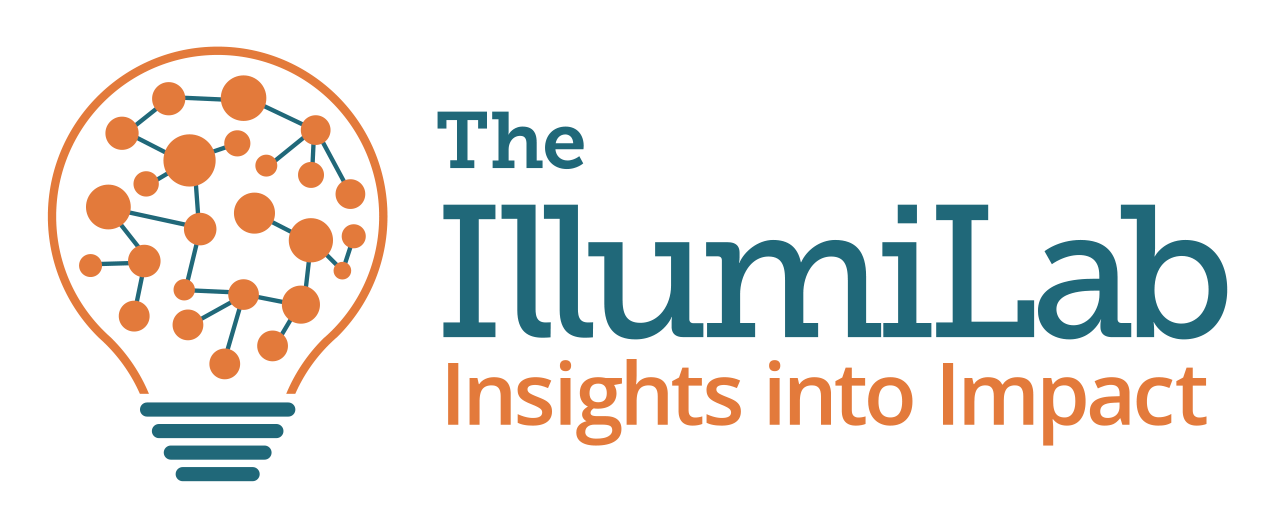This is our third post from guest blogger, Julia Pickup. Julia and I are unicorns in the world of social work. We are therapists who dig numbers. We are bleeding hearts who love to manage and improve processes. We are artists and scientists.
You could also say we are bilingual because we can tell stories with words or numbers. We can translate one into the other, and we can serve as interpreters between the left-brained and right-brained folks in the room. However, we use the same tricks and tools no matter which side of the conversation we’re on. The basic axioms of direct practice guide us everyday as we engage with front-line workers in conversations about data.
When talking to front-line workers (therapists, counselors, case managers, teachers, etc.) about data, use the same techniques and model the same values you expect them to use in their direct practice with clients. Julia’s got 7 tips for us.
1. Speak their language.
To engage front-line providers in data discussions, we have to speak their language. If you’d defined your outcomes and indicators in meaningful and measurable ways, you won’t have much trouble translating. Avoid jargon and hot-button words, if necessary. Call it “feedback” instead of “results,” “learning” instead of “evaluation,” “progress” instead of “outcomes,” “assessment” instead of “measurement.”
2. Meet them where they are.
This is one of the first things I learned as a clinical social worker: to uphold the dignity of the person and respect their autonomy, the clinician must meet the client where they are. Failure to do so demonstrates lack of respect, implies judgment, and discourages clients. If your team is new to data, reluctant or resistant, you would be wise to start small and slow. If they have shown any natural curiosity about their clients or their progress, start there.
3. Be strengths-based.
We expect front-line workers to always see the best in their clients, build upon clients’ capacities by leveraging their strengths, and to motivate clients to be their best. When talking data, when measuring progress, you have to do the same for your team. Ask questions rather than make assumptions. Highlight the strengths revealed by the data. Identify their individual strengths and leverage them. Uncover their deepest priorities and motives, and tap into them to achieve a shared goal.
4. Never ask “why.”
As therapists, we are taught not to ask our clients “why?” because that can feel threatening or blaming. So, we should do the same thing during data discussions with providers. Instead, consider asking some questions like these:
- Does this data match what you are seeing in the field?
- What are you experiencing that we should capture here?
- What does your gut tell you is not working and why?
- What are we missing?
- What barriers are your clients experiencing?
For more ways to spark curiosity and engage stakeholders with data, check out this post on evaluation and learning questions.
5. Be client-centered.
Front-line workers got into this business to help people, not to produce units, win grants, capture revenue, or comply with contracts. You should always see the data you collect and share through one lens: your clients. Who are our clients? What do they need? And are their lives improving? If you’re measuring the right things, it shouldn’t be hard to connect those dots.
That doesn’t mean you can’t talk about productivity and efficiency, but when you do, frame those conversations in terms of benefits to the client. Increased productivity means reaching more clients and making more impact.
6. Be prompt.
As a therapist, my managers required me to write my progress notes promptly after sessions while the experience, impressions, and ideas were fresh. Similarly, you should review your monthly or quarterly data promptly, while the experiences the numbers represent are still fresh and relevant.
7. Remember, it’s not about you (or them).
If a service provider takes everything their clients say or do personally or as a reflection of their own value or worth as a professional, they would consistently be devastated. In the same way, data discussions need to be depersonalized. It’s about the program and the process, not the people around the table. It’s not about blaming; it’s about learning. Be willing to hear bad news. Remain open to changing how you are defining or measuring success. Keep your focus on the data, the clients, and the program’s health.
The Bottom Line
Many nonprofit program and data managers are trained as direct service providers. Don’t let those skills get dusty – use them in your new roles and in different types of conversations. They’re just as effective!

